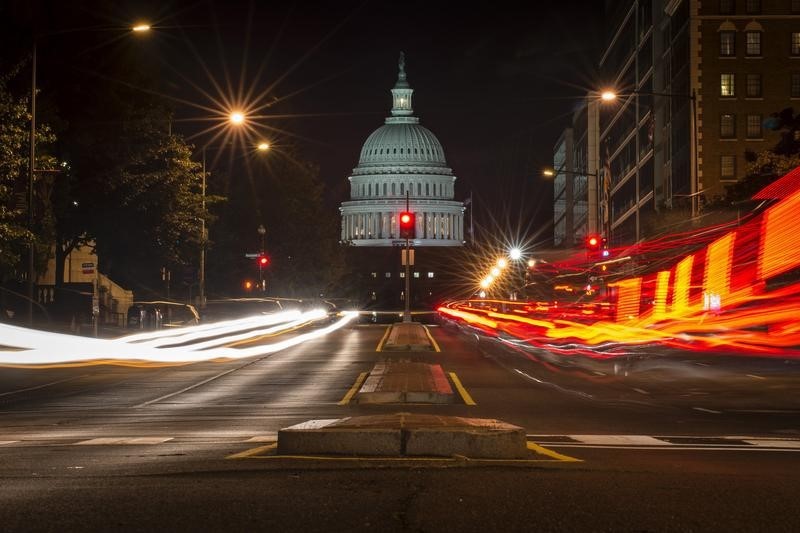By Alex Wilts and David Lawder
WASHINGTON (Reuters) - The U.S. Senate on Thursday approved a bill that would give states more flexibility in setting their own standards for measuring student and school performance, part of an effort to overhaul a controversial Bush administration law.
Passed by Congress in 2001, the No Child Left Behind law was a hallmark achievement of President George W. Bush. But in the years since, it has come under heavy criticism for its stress on standardized testing for both teachers and students.
Republican Senator Lamar Alexander, citing a lop-sided 81-17 Senate vote in favor of the overhaul, said, "What that says to me is that everyone in this country wants to fix No Child Left Behind."
The House of Representatives last week approved a bill similar to the Senate's. The two chambers were expected next to convene a conference and attempt to develop a single proposal to send to Democratic President Barack Obama for signing into law.
Democratic Senator Patty Murray, a former pre-school teacher, said No Child Left Behind over-emphasizes test scores. The Senate overhaul would reduce pressure on students, parents and teachers to focus on test preparation, she said.
Murray said differences between the Senate and House bills must be reconciled. But she said, "I am confident we can get this bill over the finish line."
The Senate measure would give states more leeway on standardized testing, while also providing grants for language instruction programs, improving low-performing schools and programs for American Indian and Alaska Native students.

It would also prohibit the federal government from mandating national education standards, such as the Common Core, a set of learning goals that outline what a student should know by the end of each grade level.